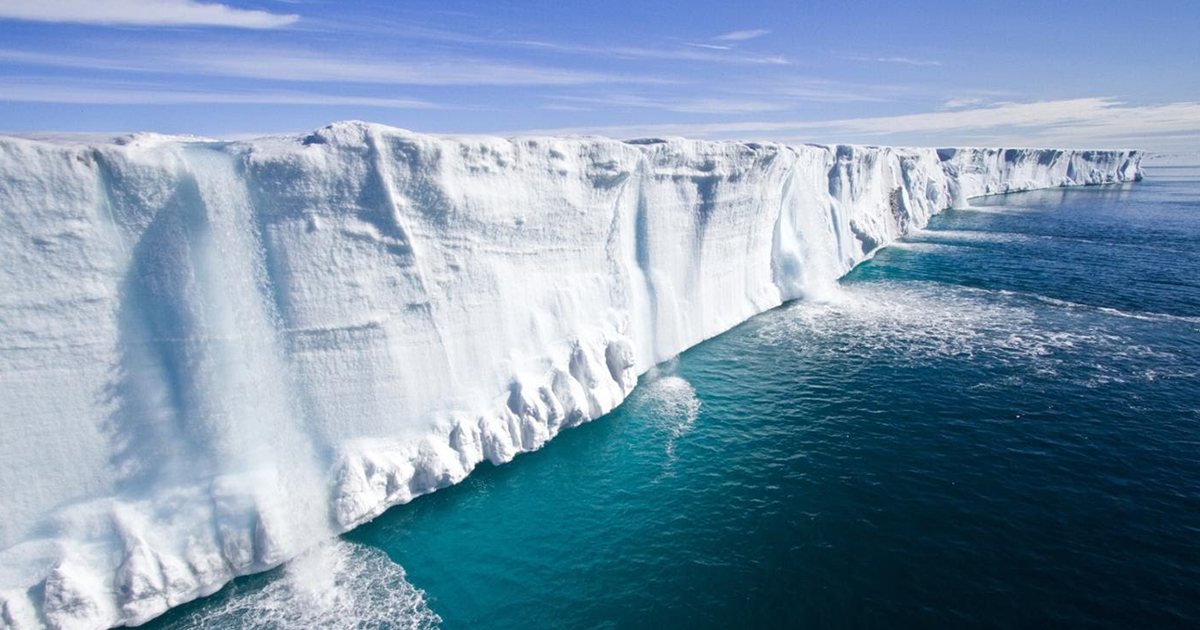Leaders from the food industry issued a warning to Congress last week, telling them to take action on climate change or face a global food shortage. Leaders from companies such as Kellogg’s, General Mills, Nestle, Mars, and many others co-signed a letter published in The Washington Post, where they warned about the threats that climate change poses to the food industry.
By 2050, it is estimated that the world’s population will exceed nine billion, with two-thirds of all people living in urban areas. This increase in population and urbanization will require more water, energy and food, all of which are compromised by warming temperatures.
The challenge presented by climate change will require all of us – government, civil society and business – to do more with less. For companies like ours, that means producing more food on less land using fewer natural resources. If we don’t take action now, we risk not only today’s livelihoods, but also those of future generations.
The industry is hoping to convince our government to support strong emission reductions and a strong climate deal at the Paris climate talks in December, and they join other businesses including the banking industry, the insurance industry, and companies like Nike, Johnson & Johnson, and Starbucks in calling for support of a strong climate deal.
Experts have warned for some time about the havoc that climate change will wreck upon our food system, and they’ve told us that, by the end of this century, we could be facing catastrophic food and crop shortages that actually threaten civilization.
But we don’t have to wait until the end of the century to see what could happen. The evidence is already all around us.
In Mali, armed conflict has been taking place for several years in the fight for food sources, as the country has been ravaged by droughts linked to man-made climate change. The country of Syria has been locked in a bitter civil war for the last four years, and this conflict has been intensified by food shortages and crop losses linked to climate change. California’s drought has put a strain on America’s food supply. Even the rise of ISIS has been linked to Middle Eastern farmers losing their way of life and being forced to join the militant group in an attempt to find a new way of life.
The planet is running out of farmland, and it’s because of climate change. Those who argue that point should take a trip through California, or Syria, or Mali. Maybe a first hand look at the tragedies playing out in those areas will be enough to send a wake up call to climate change deniers that this issue is real, it’s serious, and it’s happening right now.



